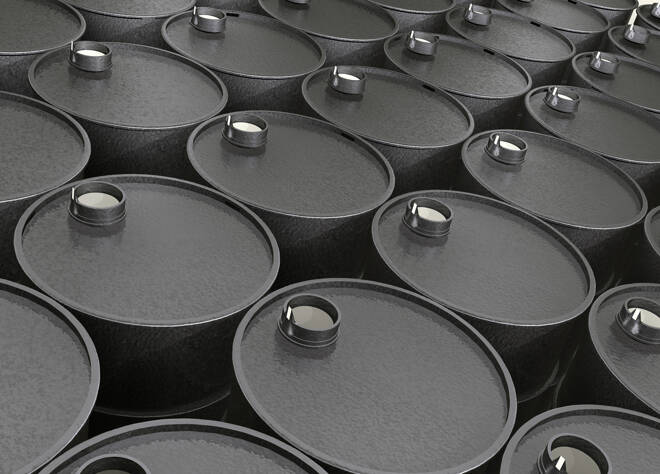Advertisement
Advertisement
Oil Falls As Traders Are Worried By Virus Data
By:
Oil remains under pressure as traders evaluate the potential impact of a second coronavirus wave on oil demand.
Oil Video 15.06.20.
Oil Traders Fear That The Second Wave Of COVID-19 Will Hurt Recovery
Oil is under pressure amid global market sell-off as traders fear that a potential second wave of coronavirus will hurt economic recovery and decrease demand for oil.
A few days ago, I wrote that it was time to monitor coronavirus numbers again, and the market seems to agree with this idea. The demand part of the supply/demand balance is very important since the oil market will not be able to recover relying solely on production cuts.
In the U.S., the pace of production decline may be slowing down as the number of rigs drilling for oil starts to stabilize. According to the Baker Hughes report, the number of oil rigs in the U.S. declined by 7 to 199.
While the number of rigs keeps getting lower, it has reached a point when additional cuts will be either low or will not happen at all. In this light, it will be very interesting to see U.S. production numbers in the EIA Weekly Petroleum Status report which is scheduled to be published this Wednesday.
BP Changes Its Long-Term Oil Price Assumptions
While the current market action is very dependent on short-term developments, oil majors have to worry about much longer timeframes.
BP has just announced that it decided to revise its long-term oil price assumption to an average of $55 per barrel of Brent oil. Due to the revision of the assumptions, BP plans to record non-cash impairment charges of $13 billion to $17.5 billion post-tax.
BP noted that its decision to cut the oil price forecast was dictated by both its efforts to be consistent with climate goals set in Paris as well as with challenges brought by the coronavirus pandemic.
It remains to be seen whether the oil market, which is notorious for its volatility, will pay attention to long-term oil price forecasts in the near future as traders look focused on short-term inventory data and economic reports.
However, BP’s decision to set the average Brent price assumption at $55 per barrel highlights the cautious approach to oil that is taken by many market participants due to climate change worries and the COVID-19 pandemic.
For a look at all of today’s economic events, check out our economic calendar.
About the Author
Vladimir Zernovauthor
Vladimir is an independent trader, with over 18 years of experience in the financial markets. His expertise spans a wide range of instruments like stocks, futures, forex, indices, and commodities, forecasting both long-term and short-term market movements.
Advertisement
